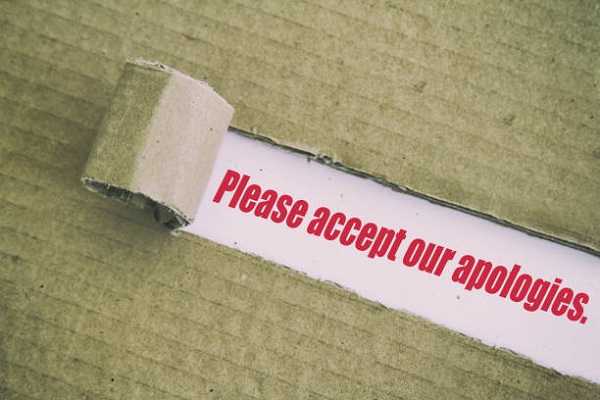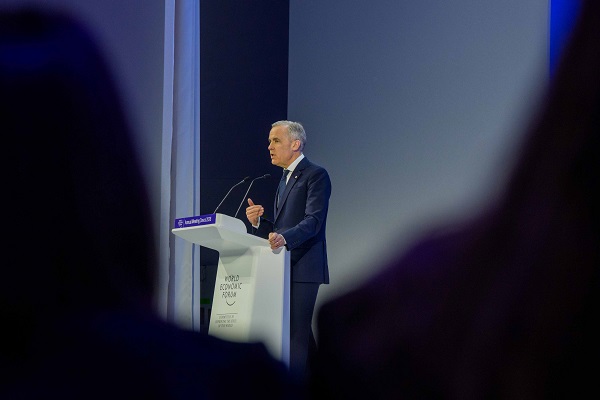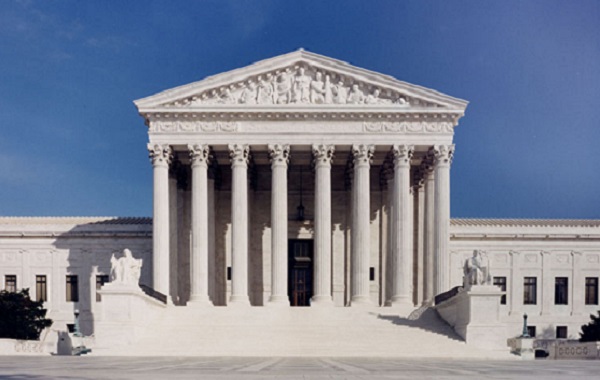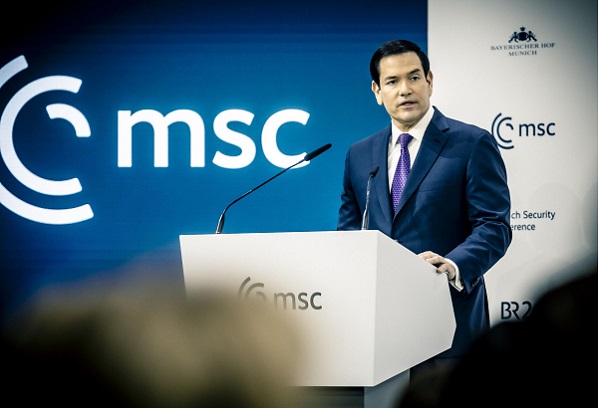.png)
Kalyani Srinath, a food curator at www.sizzlingtastebuds.com, is a curious learner and a keen observer of life.
November 15, 2025 at 6:00 AM IST
If you’ve been on social media lately, you might have noticed something unusual: brands apologising not for mistakes, but for being too good at what they do. It sounds absurd, but it’s a real viral trend. The “Official Apology Trend,” which started in the Philippines and is now spreading worldwide, has companies playfully apologising for their irresistible snacks, their wildly addictive products, or vacations that make you never want to come back home.
“Sorry our cookies steal your willpower.”
“Sorry our vacations spoil you beyond belief.”
“Sorry if our luxury is just too much for you to handle.”
It’s a cheeky, charming take on apologies, and somehow, people love it. It’s funny, lighthearted, and refreshingly self-aware compared to the usual corporate apologies, which often sound stiff, scripted, and honestly, boring.
But here’s a real question: when a brand says sorry for being “too good,” are they truly apologising? Or is it a clever way of saying,
“Yes, we know we’re irresistible, and yes, you secretly love it”?
And if this kind of apology is just playful boasting in disguise, what does that say about how we understand “sorry” in today’s world?
When Sorry Becomes a Performance
Apologies used to mean something simple but powerful: an acknowledgment of hurt, a recognition of fault, and a promise to do better. They offered a chance for connection and healing.
Today, words like “sorry” are everywhere—in our inboxes, social media feeds, and news cycles. But often, they’ve become polished performances, carefully written PR messages aimed more at protecting reputations than repairing relationships.
But while we laugh at these clever wordplays, the deeper truth cannot be ignored: the culture of performative apologies points to something fragile—our growing distance from genuine accountability and heartfelt connection.
Because if brands can apologise for being too good (and mean it as a badge of honor), what about the apologies that matter most? The ones from people in our own lives who disappear when we need them, those who hurt us in ways no PR team can fix?
Where are those apologies?
It’s easier to accept a witty brand apology than a raw, awkward, real one from someone close to us. That’s the paradox.
What about the aunt who stops answering your calls? The friend who drifts away when life gets tough? The sibling who vanished quietly, leaving a silent gap? The parents too exhausted to offer the care we crave? The official who gets elected as a public representative but is there to fill their coffers.
These are the apologies that matter. But they often go unspoken. Not because they don’t exist, but because they’re difficult—messy, uncomfortable, and sometimes impossible to express.
We’re left with a heavy silence, an ache wrapped in absence. And no app, no hashtag, no viral post can fill that void.
Even our mental health and wellness industries, which flood feeds with promises of quick fixes and natural miracles, rarely offer genuine apologies when those promises fail.
Instead, they quietly launch new and “improved versions,” inviting us to keep chasing hope behind glossy ads.
The cost? Time lost, trust broken, hope fading.
Time: The Most Precious Apology
Have you ever thought about what you’d give anything to get back? Not money. Not possessions. But time.
Time spent waiting on a call that never came. Time lost scrolling through posts that made you feel less-than. Time taken by distractions when someone close needed your attention.
Social media promised connection, but it often delivers disconnection. Behind every polished apology post lies a more poignant truth: our time is slipping away, quietly and irreplaceably.
One thumb swipe at a time.
The irony is stark. We give away our hours to watch a brand apologise for its perfection, while real apologies—those with genuine vulnerability—are rarer than ever.
The harshest, most important apologies rarely come in tweets or press releases. They come in the low light of kitchens, over dinners where voices catch, or in the pauses between familiar silences.
They’re the “I’m sorry” said without filters or schedules, which may be clumsy or hesitant. They don’t erase the past immediately but start the slow work of healing.
Real apologies are hard. They demand courage and humility. They ask us to be uncomfortable.
And yet, they offer a gift—a chance to be seen, understood, and maybe forgiven.
The “Official Apology Trend,” amusing as it is, reminds us of what we miss in all the noise: moments like these.
So where does that leave us?
If “sorry” has become a buzzword, a marketing ploy, or a viral joke, how do we restore its true meaning?
Maybe it’s about choosing connection over convenience, faces over feeds, heart over hashtags.
The world may keep polishing and posting the cleverest, cheekiest apologies—you know, the ones that say, “We’re just too good, deal with it.” But the apologies that change us come from real people, in real moments, softly spoken over real cups of tea.
Because no brand, no viral trend, no social media spectacle can replace the slow, quiet power of human forgiveness and freely given time.
When was the last time you said sorry without an audience? Or heard one?
As we laugh at the brands saying “sorry for being too good,” let’s remember there’s a deeper truth beneath the joke: saying sorry matters most when it’s not a strategy, but a sincere bridge from one imperfect person to another.



